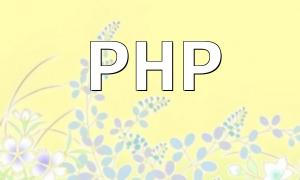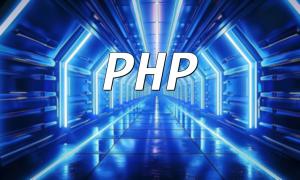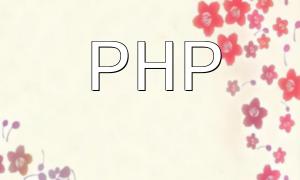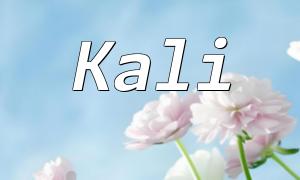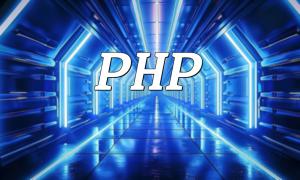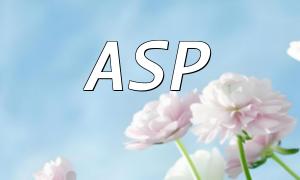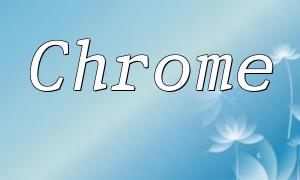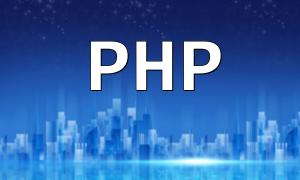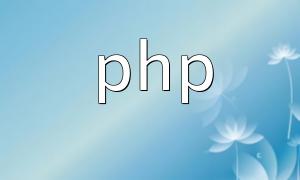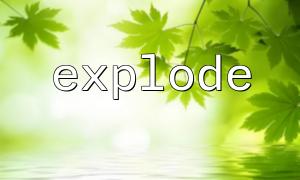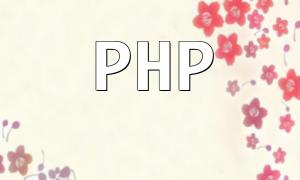PHP frameworks have gained widespread adoption in the development market due to their flexibility and efficiency. When developers choose a framework, they often focus on functionality and performance, but another important aspect is the improvement process of the framework and the openness of its community. This article delves into whether the PHP framework community is open to framework improvements and the significant impact of this openness on framework development.
There are many PHP frameworks available today, such as Laravel, Symfony, and CodeIgniter. These frameworks offer structured code and powerful features that greatly enhance development efficiency and code maintainability. However, with the continuous advancement of technology, frameworks need to be constantly updated and improved to meet the complex and ever-changing needs of developers.
As developers' demands continue to evolve and technology advances rapidly, the improvement of frameworks has become crucial. If a framework fails to keep up with new technologies and the changing needs of developers, its market share will inevitably shrink. For example, Laravel has maintained its high popularity among developers by constantly introducing new features and capabilities.
In the ecosystem of PHP frameworks, the developer community plays a vital role. The community not only provides best practices and technical support but also actively participates in the framework's improvement process. A healthy and active community can propel the framework forward, incorporating new ideas and feedback.
Community feedback and contributions have a direct impact on framework updates and version iterations. For instance, many PHP frameworks accept code contributions from developers through open-source platforms like GitHub. This open development model not only improves the quality of the framework but also strengthens interaction and collaboration among developers.
The openness of framework improvements reflects the activity level of the community and brings several advantages. For instance, open feedback channels allow developers to easily submit bug reports and feature suggestions. Furthermore, code contributions from the community tend to be more diverse and innovative than efforts from a single development team.
An open improvement mechanism encourages developers to explore new ideas and solutions. Take Laravel, for example—its rich and diverse features are the result of contributions from many developers. This not only enriches the framework’s ecosystem but also provides developers with more tools and choices, further enhancing the framework's appeal.
While the PHP framework community has made significant strides in open improvements, there are still challenges to overcome. On one hand, efficiently managing community contributions and ensuring code quality and consistency remains a pressing issue. On the other hand, as the functionality of frameworks continues to expand, the complexity of their architecture also increases, which may result in a steeper learning curve.
In the future, the PHP framework community needs to strengthen communication with developers and establish more efficient feedback mechanisms. It should also focus on emerging technologies, such as microservices architecture and containerization, to adapt to the ever-changing development environment. By continuing to embrace open improvements, PHP frameworks will evolve to meet the needs of the market and users.
In conclusion, the PHP framework community is open to framework improvements, and this openness drives continuous development and innovation. It provides strong support for developers and ensures that PHP frameworks will continue to evolve in response to technological progress, offering more flexible and efficient solutions for future development.
